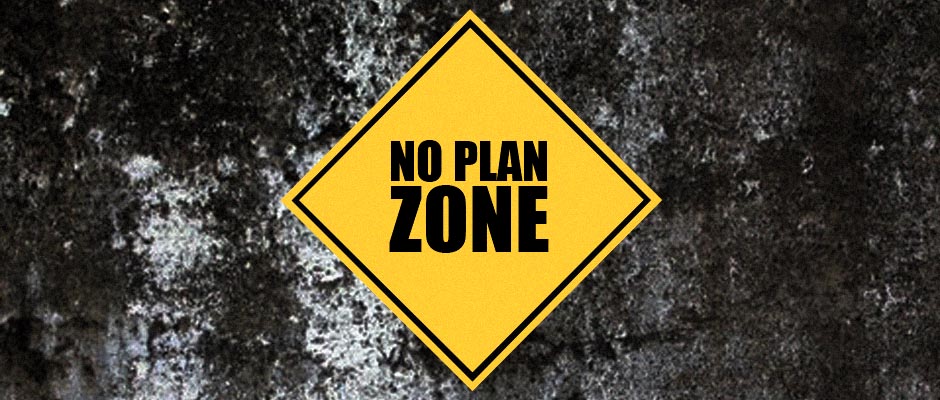Films without a screenplay don’t follow the rules. Filmmakers often see themselves as author-directors, who create something phenomenal on the screen through complete freedom and spontaneity. But does this perspective hold up to closer scrutiny?
The most challenging step in any film production is developing a viable story. The clearer the screenplays, the more efficient and cost-effective the film productions run. A film without a screenplay undermines all of these expectations and points to the work of a brilliant genius whose creation moves beyond the laws of nature.
No screenplay, no film? Do I even need a screenplay to make a movie?
Shooting without a screenplay
Shooting without a screenplay initially sounds absurd. It implies the absence of a film template, as if an idea is developed only on the film set. The opposite is true: typically, the filmmakers are extremely well-prepared. They have already invested a lot of work into the idea and its development and are very knowledgeable about directing actors and drama. They use a treatment as their basis, not a fully developed screenplay.
A treatment is not a screenplay
Of course, it always depends on the definition of a screenplay. Formally speaking, a treatment is not a screenplay but its precursor. As such, it already contains the film’s story as well as the rough sequence of individual scenes. Rarely explained is that with the treatment, 90% of the screenplay work is already completed. All that’s left are the scene elaborations and dialogues, which are ultimately improvised on set with the actors. A film without a screenplay is definitely not the same as a film without a template.

Without a screenplay, it remains the exception
While it’s understandable that the difficult phase of material development is pushed as far back as possible, it’s not advisable. The movement of German Mumblecore turns this disadvantage into an advantage: filmmakers use this production method to circumvent the influence of broadcasters and supporters on their creative process. Creating something in this way may be better than working for the drawer. However, I doubt whether this is a solution for overall better films. Often, it remains just a TV experiment, like Axel Ranisch’s Impro-Tatort BABBELDASCH, for example.
If you want to read more, here are some film-related topics:
- Myth & Mythology
- Toxic Realism
- The Mainstream
- Arthouse Aesthetics
- Movie Diversity
- German Movies
- Movies without Story
- Female Movie Characters

A few words about me: As a Writer-Director, I write my own stories. I wrote the eBook The Ultimate Reading Guide for students as a learning aid. I also give Writing Seminars and Film Workshops.
